"In this city of bricks and stones with its unhealthy environment, finding places to relax is not easy. That's why I've created a peaceful environment at home and hope that my children can experience a village-like atmosphere."
Dhaka, July 7 (V7N)- Amidst shrinking green spaces and consistently high pollution levels, a growing number of Dhaka residents are embracing rooftop gardening. This trend not only improves air quality and offers fresh produce but also helps to lower ambient temperatures, in addition to enhancing the city's aesthetic appeal.
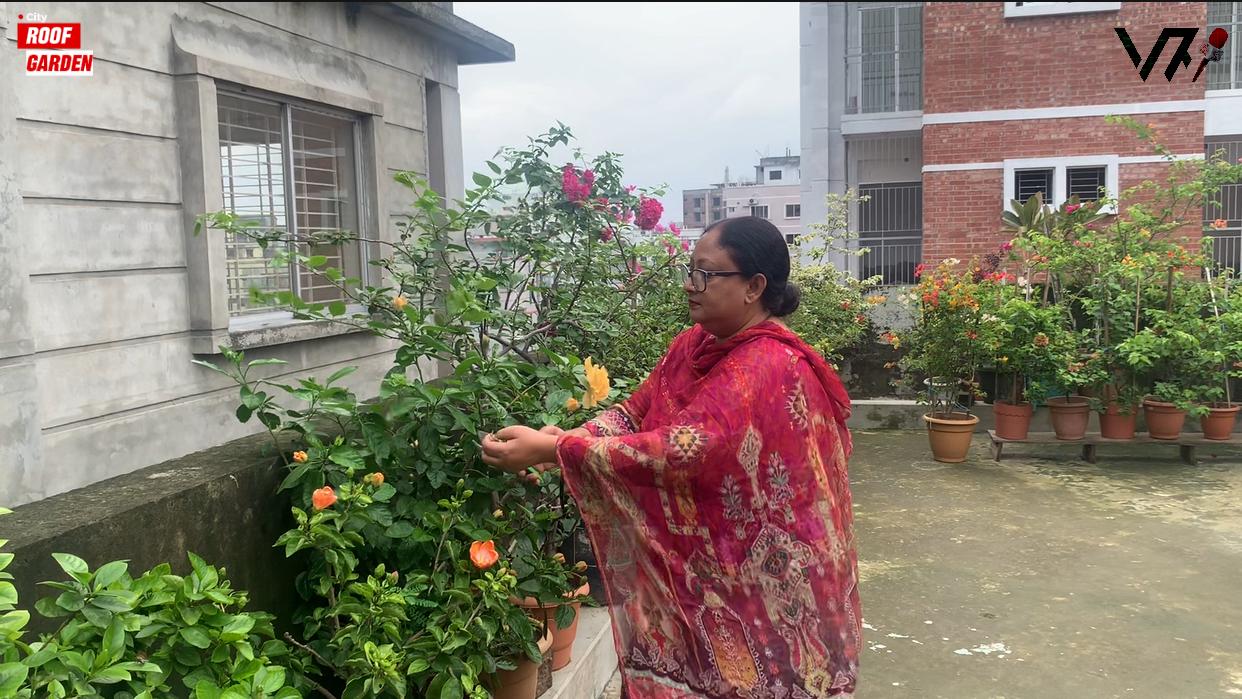
Furthermore, rooftop gardens in the capital not only offer opportunities for substantial revenue generation but also contribute to increased oxygen levels and provide a host of other benefits.
Due to unplanned urbanization, the environment of mega city Dhaka is alarmingly deteriorating day by day. In this context, experts believe rooftop gardens can serve as an excellent solution to mitigate abnormal summer temperatures and escalating air pollution levels.
Rooftop gardens are gaining popularity in the capital. Cultivating plants on rooftops offers significant benefits by lowering carbon dioxide levels and regulating rising temperatures. In a city characterized by limited open spaces beyond a handful of parks, unused rooftops abound. As a result, rooftop gardening has become a popular choice for many seeking access to fresh, chemical-free fruits and vegetables.
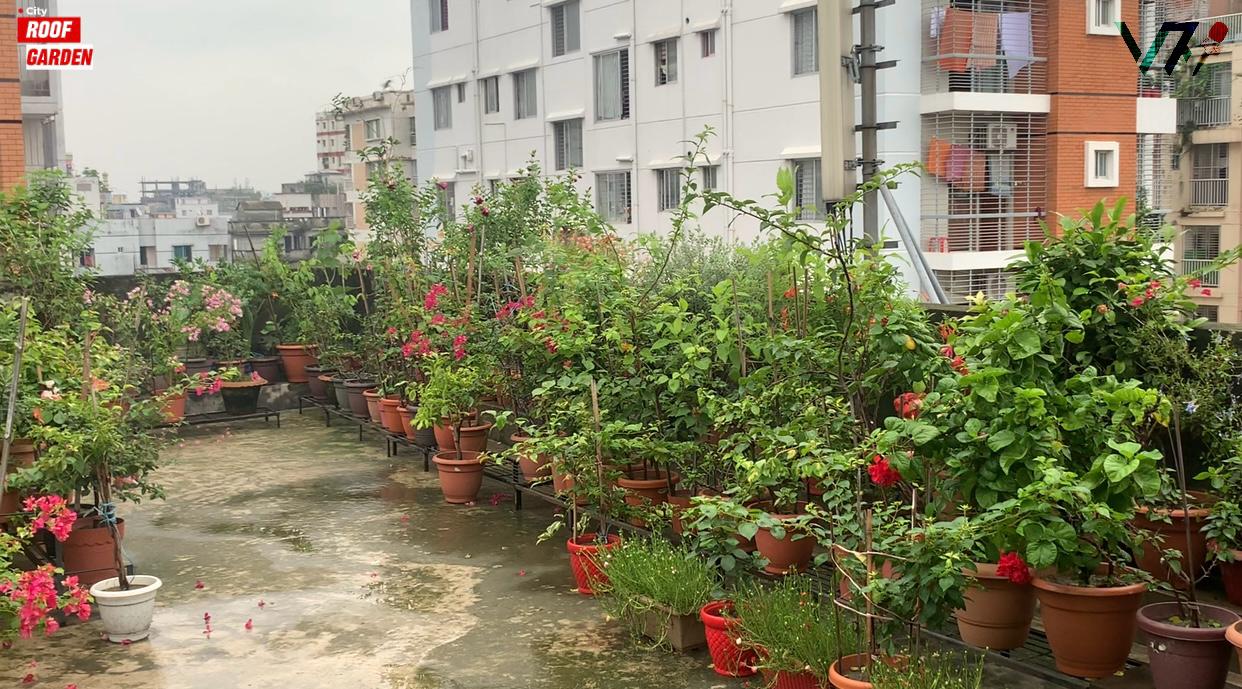
Like many other urban residents, Rifat Ara Arju, a housewife from Basabo in the city, has created a rooftop garden on her six-story building to find solace from the bustling environment of the capital. Her rooftop garden spans 3,000 square feet and boasts a diverse array of both local and foreign flowers and fruit trees. Among them are various types of mango trees, papaya, custard apple, elephant apple, pomegranate, lemon and orange, along with vegetables like taro, green chili, eggplant, spinach, and more.
In an interview with Voice-7 news, Arju shared, "In this city of bricks and stones with its unhealthy environment, finding places to relax is not easy. That's why I've created a peaceful environment at home and hope that my children can experience a village-like atmosphere."
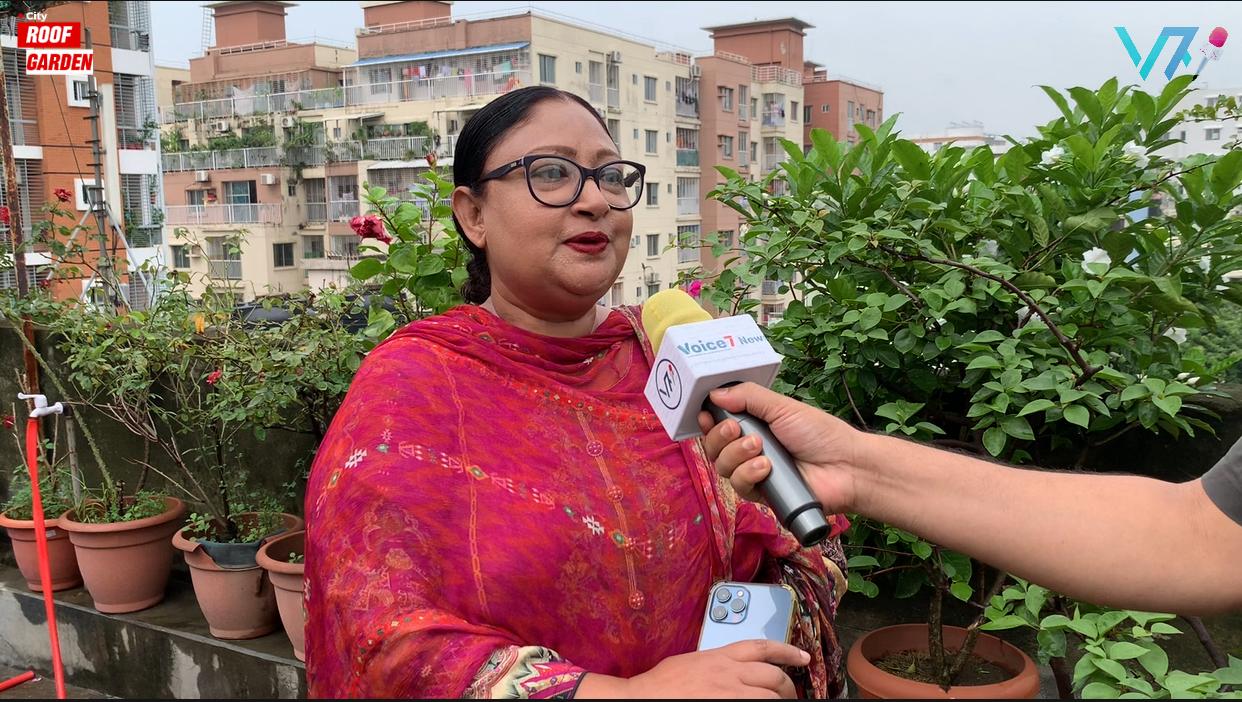
She also mentioned her efforts to inspire others to create gardens on their rooftops and any available open spaces.
Arju is actively involved in two Facebook groups: "Balcony Garden & Care" and "The Society of Bougainvillea Lovers," both with over a million followers. She emphasized, "Our aim is to promote the efficient utilization of land through rooftop gardens. They will significantly contribute to protecting health and well-being, effectively mitigating temperature rises and reducing noise pollution."
Arju highlighted the challenges of gardening in Dhaka city, noting, "Residents of rented flats like us face numerous obstacles due to differing mentalities among co-residents and building owners. Despite the government's emphasis on greening efforts and the provision of various benefits, gardeners continue to lag behind due to inadequate public awareness and insufficient government oversight."
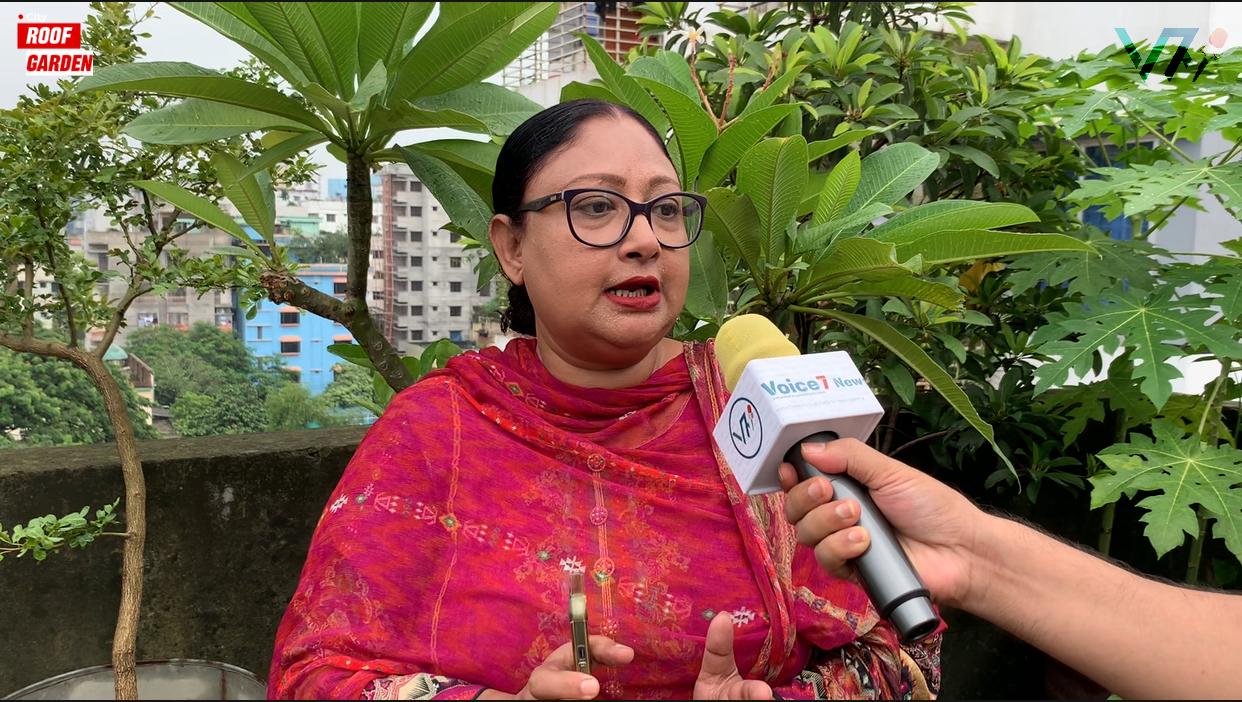
Stating that the government has announced a 10% rebate in holding tax for rooftop gardens, she said, "Considering the state of our environment, we all can create rooftop gardens which can significantly reduce urban air pollution. Additionally, we can enjoy financial benefits and fresh fruits and vegetables from these gardens."
Arju also emphasized that there is no alternative to greening, as plants not only provide us with fruits and vegetables essential for our survival but also contribute to a healthy environment. She urged everyone to contribute to environmental protection by creating gardens on rooftops or in courtyards.
“As far as I know, 12% of rooftops in Germany are green, and in Tokyo, Japan, there is a law requiring at least 20% of new building rooftops to be green,” she said.
According to a study conducted in Singapore, rooftop gardens installed on five-story commercial buildings can lead to energy cost savings ranging from 0.6% to 14.5% annually. This is particularly relevant in technologically advanced countries where building heating and cooling systems are responsible for emitting 30% more carbon dioxide. Rooftop gardens play a crucial role in reducing energy consumption, improving building aesthetics, and maintaining lower temperatures over time, all at a relatively low cost. These findings underscore the significant environmental and economic benefits of implementing rooftop gardens in urban settings.
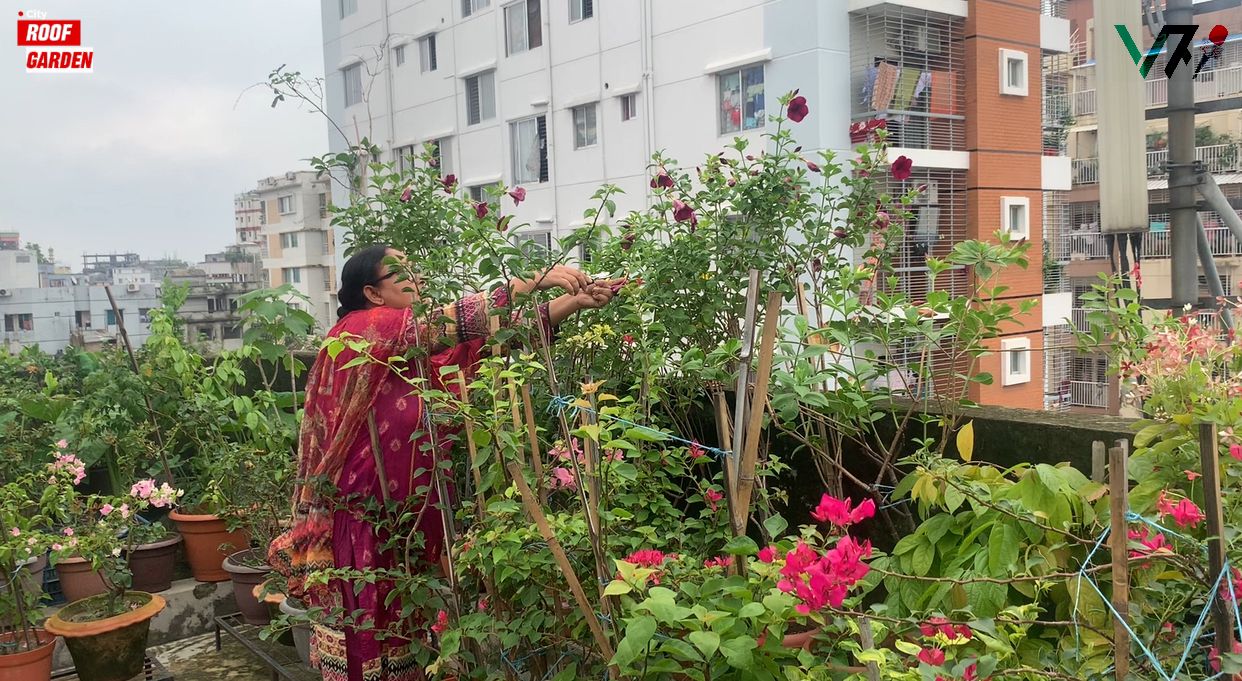
The "Garden City" program launched by Singapore in the 1960s aimed to transform the urban landscape into a green and clean environment. This initiative involved extensive tree planting along roadsides, the development of numerous parks and open spaces, and the establishment of stringent legal protections to safeguard greenery. These efforts have not only enhanced the city's aesthetics but also improved air quality, reduced urban heat island effects, and promoted biodiversity, contributing to Singapore's reputation as a model of urban sustainability and resilience against climate change impacts.
END/SMA/MJ/



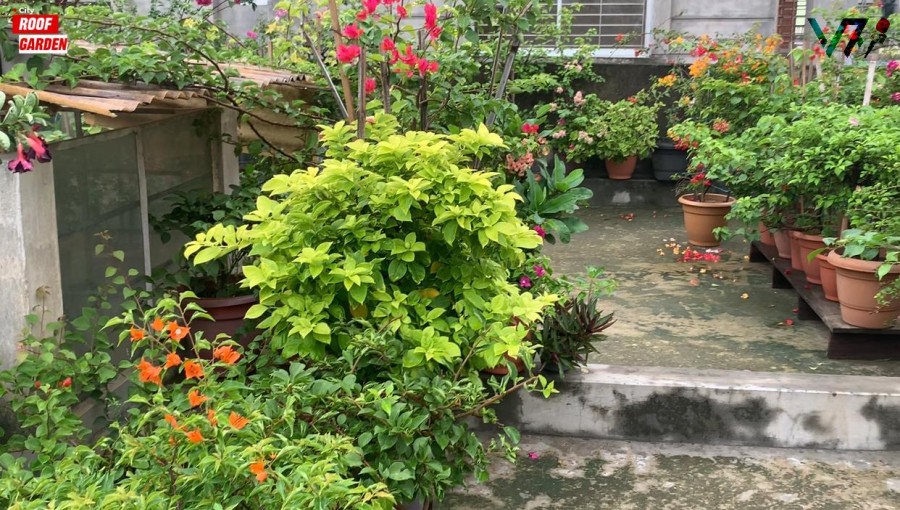



























Comment: